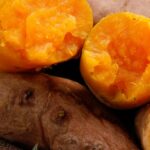Improving nutrition for those with stomach issues involves creating a reasonable diet plan. The following article reveals a highly effective and simple weight gain diet for people with stomach problems.
1Dietary Principles for Stomach Problems
According to Hong Ngoc General Hospital, gaining weight for a healthy person is already challenging, but it’s even more difficult for those with stomach issues. If you want to gain weight in this situation, you should strictly adhere to the following golden rules:
Principle 1: Eat Until You’re Satisfied, Not Stuffed
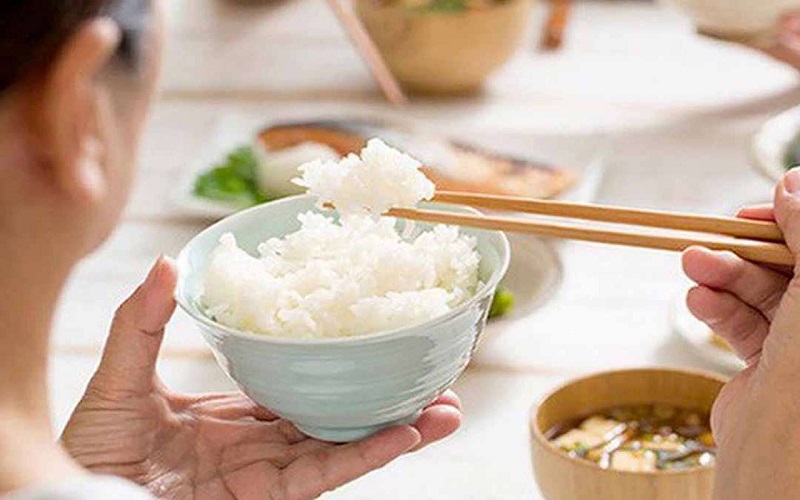
Some people tend to overeat when they have delicious food in front of them. However, this practice can stretch and harm the stomach. If you have stomach problems, it means your stomach is already compromised, so you should eat only until you’re satisfied and not overeat.
If you want to gain weight, consider dividing your daily intake into smaller meals. This approach reduces the burden on your stomach and promotes effective weight gain while aiding in the treatment of your condition.
Principle 2: Eat Slowly and Chew Thoroughly
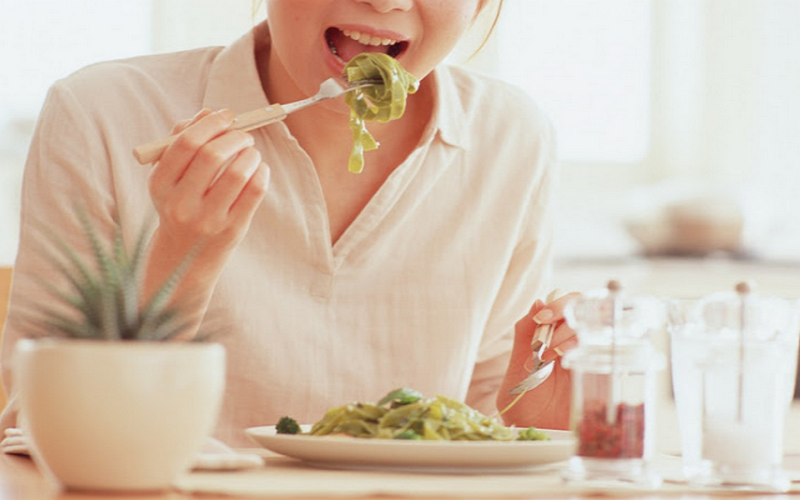
This is an excellent habit for your body, especially your stomach. Eating slowly and chewing your food thoroughly aids in better nutrient absorption and contributes to improved stomach function, helping to alleviate stomach pain. Additionally, refrain from watching movies or reading books while eating, as this can hinder proper salivation and digestion.
Principle 3: Maintain a Regular and Timely Eating Schedule

To enhance your stomach’s performance, establish a consistent and timely eating schedule and avoid skipping meals. Eating at regular intervals improves digestion, aids in weight gain, and helps combat digestive issues, particularly stomach ulcers.
2Recommended Foods for Stomach Problems
In addition to adhering to the principles mentioned above, individuals with stomach problems need to incorporate essential nutrients into their diet. To support the treatment of stomach issues, consider including the following food groups:
Consume Carbohydrate-Rich Foods
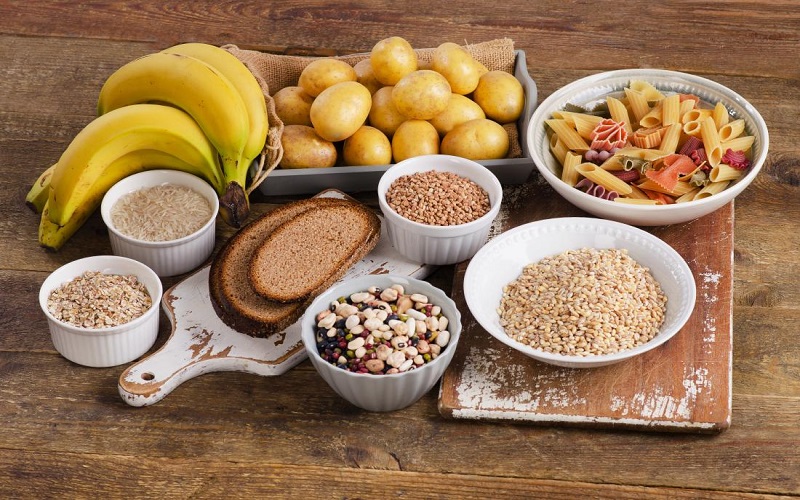
Foods rich in easily digestible carbohydrates like rice, crackers, tapioca flour, and wheat flour not only aid digestion but also provide energy and help neutralize stomach acid, contributing to weight gain.
Opt for Soft and Well-Cooked Foods
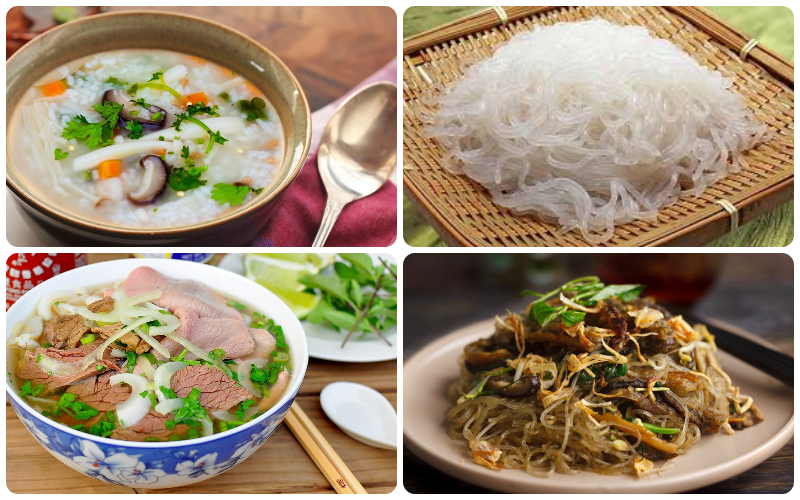
Individuals with stomach problems should consume soft and liquid foods, as their stomachs are already compromised and functioning at a reduced capacity. Opt for porridge, rice vermicelli, cellophane noodles, and rice noodles, which are easier to digest and reduce the burden on the stomach.
Include Easy-to-Digest Vegetables and Fruits Rich in Carbohydrates
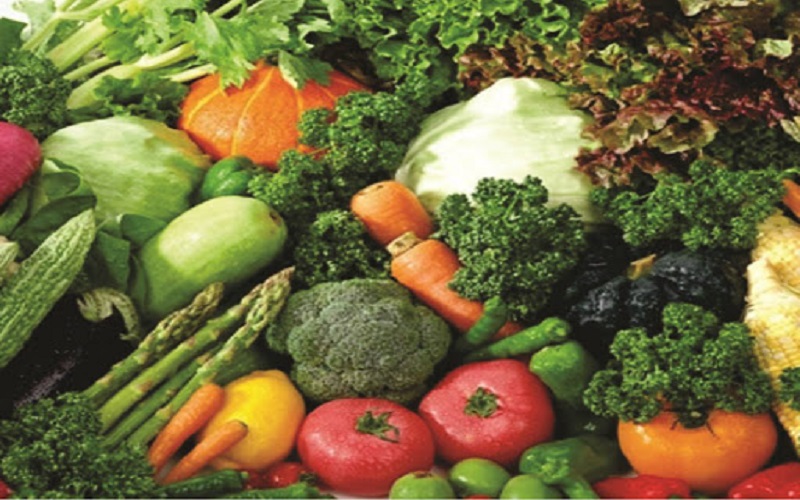
Fruits and vegetables provide essential minerals, vitamins, and fiber while also optimizing digestive function and promoting weight gain. Recommended options include bananas, papayas, sweet potatoes, and yogurt after meals.
Incorporate Protein-Rich Foods

Meat, fish, eggs, and dairy are excellent sources of protein and can help individuals with stomach problems gain weight. They replenish lost protein, facilitate better metabolism, and should be cooked until soft or pureed.
You can combine meat or fish with porridge or cook them softly. Remember to consume protein-rich foods in moderation, as excessive intake can lead to indigestion.
3Dietary Considerations for Individuals with Stomach Problems
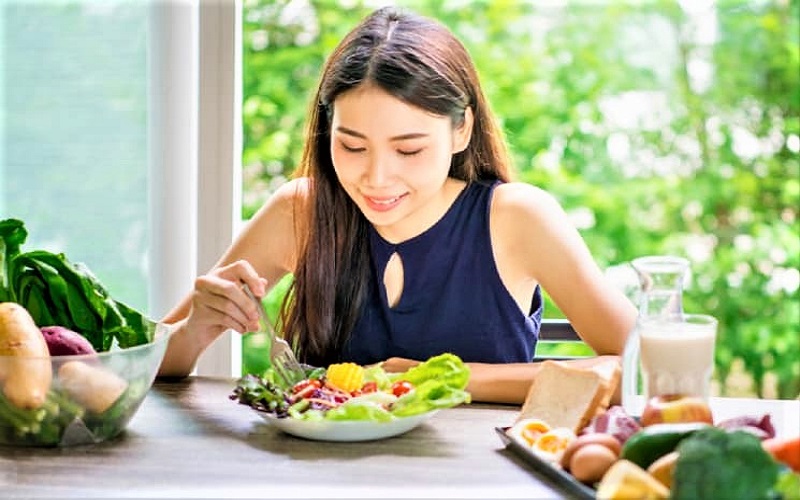
– When suffering from stomach issues, avoid dry foods and refrain from pouring soup over your rice, as this may lead to inadequate chewing and swallowing, impacting your stomach and prolonging treatment.
– Do not consume extremely cold or hot foods, as they can cause intense stomach contractions and further damage.
– Refrain from eating spicy, stimulating foods like pepper, chili, and ginger, as well as overly salty, greasy, or alcoholic beverages and coffee, as these can irritate the stomach and intestines.
Reference: 15 Effective Home Remedies for Stomach Pain
4A One-Week Weight Gain Diet for Individuals with Stomach Problems
A well-planned diet can help patients with stomach issues improve their condition and facilitate effective treatment. Here is a suggested diet plan for a week:
Monday and Thursday
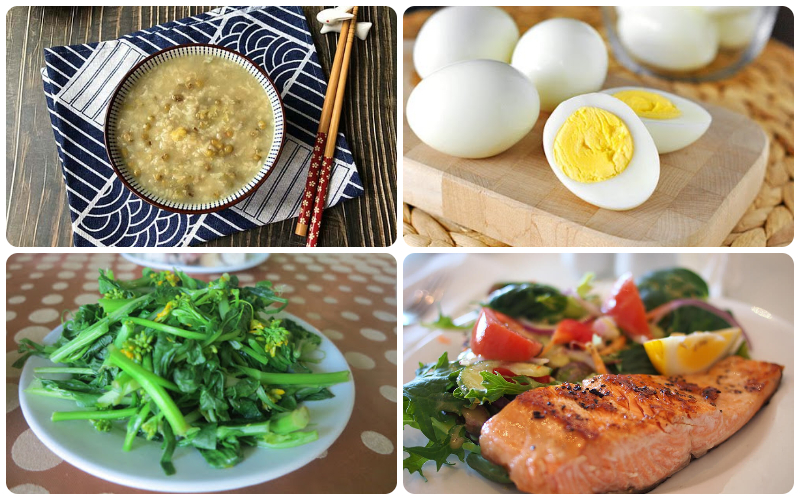
– Breakfast: A bowl of mung bean porridge and a boiled chicken egg
– Lunch: Two bowls of rice, a plate of steamed vegetables, and a plate of pan-fried salmon
– Afternoon Snack: Two bowls of rice, a bowl of Chinese cabbage soup, and a plate of steamed pork meatballs
– Dinner: Two pieces of biscuits and a bowl of mung bean dessert
Tuesday, Friday, and Sunday
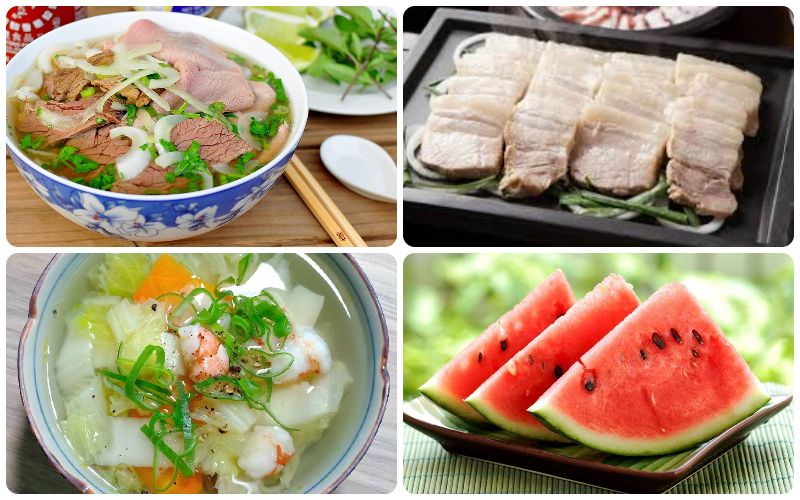
– Breakfast: A bowl of beef pho and a small glass of milk
– Lunch: Two bowls of rice, a plate of boiled meat, a bowl of cabbage soup with shrimp, and a slice of watermelon
– Afternoon Snack: A bowl of rice and a plate of stir-fried beef with carrots
– Dinner: Two boiled sweet potatoes
Wednesday and Saturday
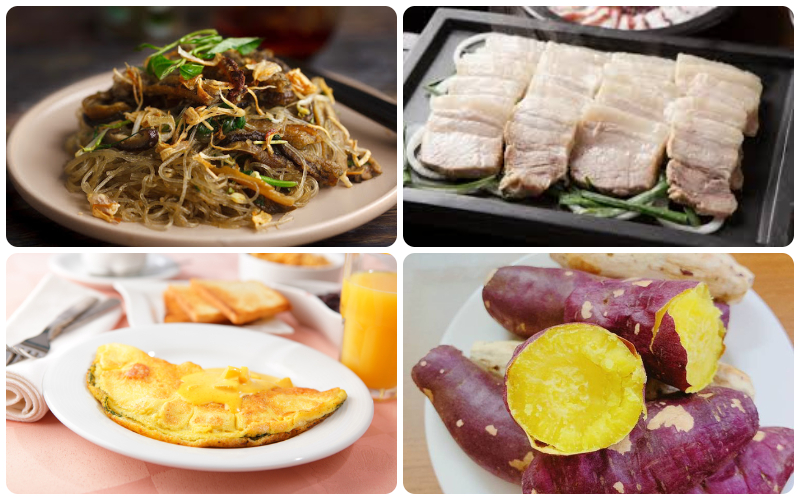
– Breakfast: A plate of stir-fried cellophane noodles or a bowl of rice noodle soup
– Lunch: Two bowls of rice, a vegetable soup, a plate of boiled meat, and a banana
– Afternoon Snack: A bowl of rice, a plate of fried eggs, and a plate of boiled water spinach
– Dinner: Two boiled sweet potatoes
The above is a specialized weight gain diet for individuals with stomach problems, designed to help you achieve your desired weight while also alleviating stomach pain and promoting overall health.
Source: Hong Ngoc General Hospital
Frequently asked questions
Creating a reasonable diet plan is key. Adhere to dietary principles such as eating until satisfied, not stuffed, consuming soft and well-cooked foods, and maintaining a regular eating schedule. Incorporate carbohydrate-rich, easy-to-digest foods, and include protein-rich sources like meat, fish, eggs, and dairy in moderation.
Rice, crackers, tapioca flour, wheat flour, porridge, rice vermicelli, cellophane noodles, and rice noodles are easily digestible carbohydrate sources. Opt for soft and liquid foods. Include fruits and vegetables like bananas, papayas, sweet potatoes, and yogurt. Meat, fish, eggs, and dairy provide essential protein but should be consumed in moderation and cooked until soft.
Avoid dry foods and pouring soup over rice, as this may lead to inadequate chewing and impact your stomach. Refrain from extremely hot or cold foods, as they can cause intense stomach contractions. Stay away from spicy, stimulating foods like pepper, chili, and ginger, as well as overly salty, greasy, or alcoholic beverages, as they can irritate the stomach and intestines.
Yes, a well-planned diet can help. A suggested diet plan includes a variety of soft, easy-to-digest foods like porridge, rice, meat, fish, eggs, and vegetables. For example, on Mondays and Thursdays, have mung bean porridge and boiled eggs for breakfast, rice, steamed veggies, and pan-fried salmon for lunch, and rice with Chinese cabbage soup and meatballs for a snack.
You may also like




























